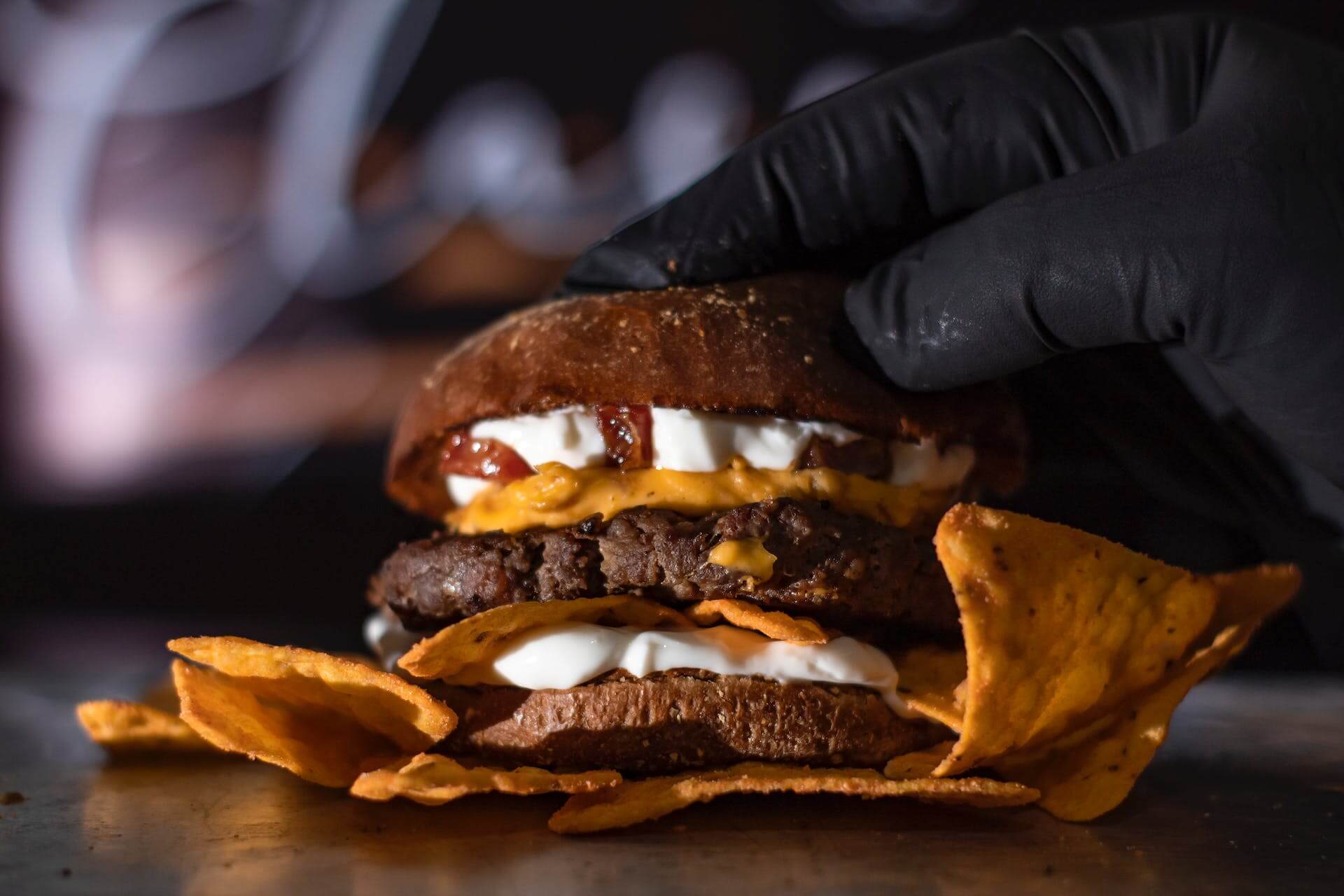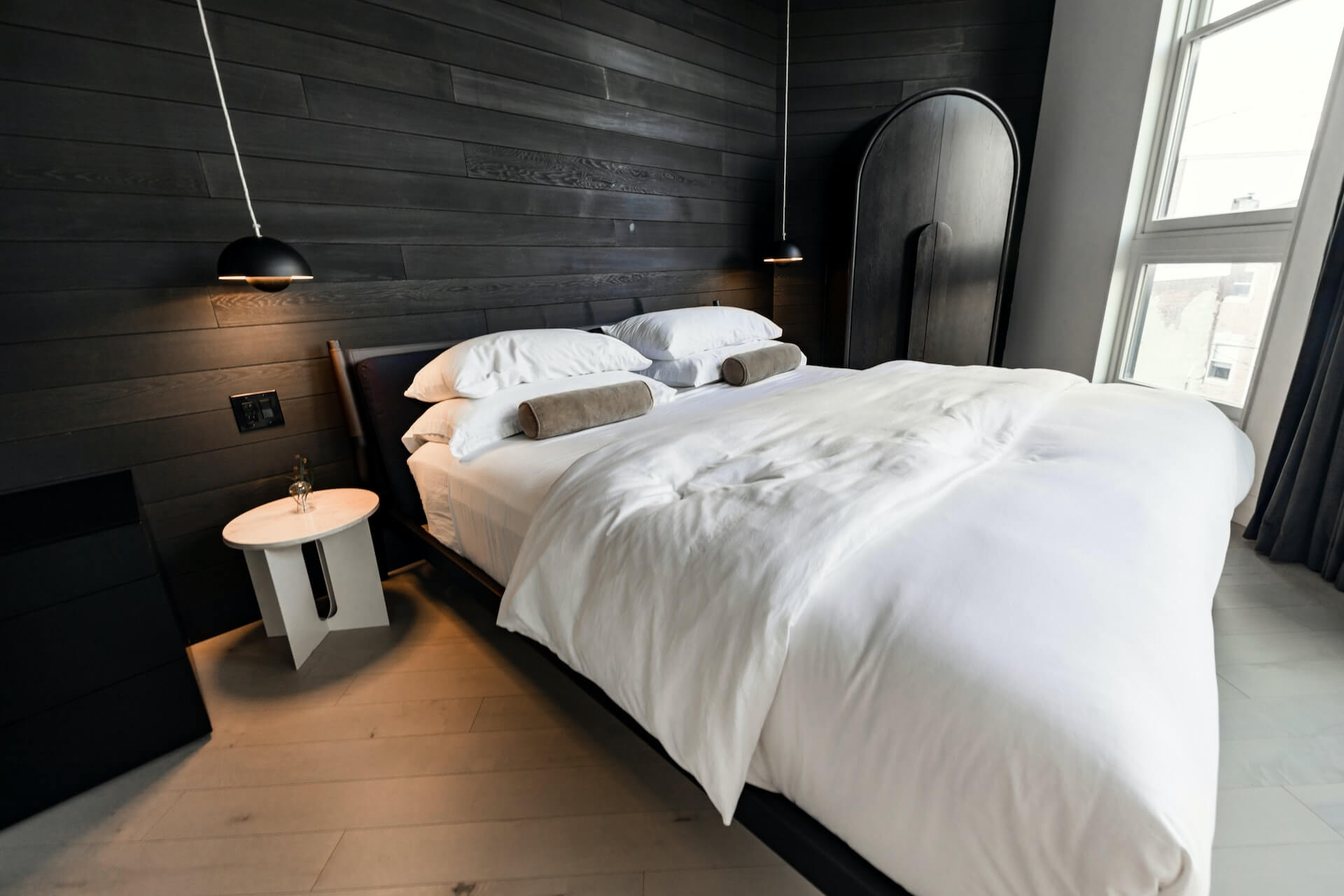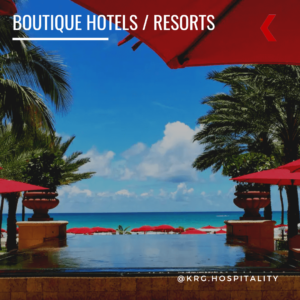Is Your Business Transactional or Experiential?
by David Klemt

When you consider your restaurant or bar honestly, is the service you and your team are providing to guests transactional or experiential?
It’s an important distinction, and it applies to every restaurant and bar category. Whether operating a QSR or FSR, today’s guests want more for more their money.
Further, they expect more just for choosing to leave their homes. A recent report from CWB Franchise Finance, in partnership with Circana and fsStrategy, indicates strongly that experiential concepts are on the path to weathering economic challenges and achieving long-term success.
Now, to be clear, of course all businesses are transactional. In that regard, restaurants and bars are clearly no different from other businesses.
Guests come in, they place orders, and they pay for the goods they receive. Transactional, right?
However, restaurants and bars are in a position to deliver memorable experiences.
Sure, for some people those memories are fleeting. There are those who are always seeking the next thing. But operators who become known for providing more than just menu items will remain on the radar of even the most fickle guest.
When a restaurant or bar delivers goods plus phenomenal services, when the guest experience involves more than just ordering and paying, it becomes experiential.
Think back to the times this year you’ve popped into a QSR or fast-casual restaurant. Can you remember much about the experience? If yes, fantastic—that operator understands the power of an experiential business model. Should the answer be no, that operator sees value only in being transactional.
Which are you happy to return to in the future?
Experience is King
I’m going to assume you’re much happier to return to an experiential concept than a strictly transactional one. And if that’s a correct assumption, you should apply that to your own restaurant or bar.
According to studies Circana has conducted over the past couple of years, Canadian consumers are reacting to economic uncertainty and financial instability as one would expect: cutting back on discretionary spending.
Generally speaking, that means reducing their spending at restaurants and bars. However, there’s a bit of good news tucked into those Circana studies.
Per Circana, half of Canadians plan to increase spending on something in particular: experiences. Further, 91 percent of Canadians say they’ve spent money at experiential restaurants recently.
“A restaurant visit isn’t necessarily just about nourishment, but instead is a platform for socializing, entertainment and exploration,” reads the joint CWB, Circana, and fsStrategy report.
Importantly, an operator need not go to extremes to deliver an experience. Something as simple as creating an LTO around craveable drinks can pay huge dividends. For proof of that, simply look at McDonald’s in the US and the hype that surrounded the berry-flavored Grimace Shake.
Operators throughout Canada and around the globe need to understand how impactful being experiential can be.
Takeaway
It’s true that operators are competing against one another. However, it goes deeper than that now.
Operators are also battling convenience and comfort. Between working from home, pandemic-induced isolation, and technology, people are used to staying in and ordering whatever they want.
So, not only are operators faced with the challenge of standing out from one another, they’re up against the phones in people’s pockets.
For many people, choosing to leave home to dine and drink in person is a big deal. To some, restaurants and bars are about celebrating special occasions or socializing. For others, the motivation is as simple as the need to finally get out of their home.
It’s imperative, therefore, for operators to be more than transactional. Being experiential, whether the experience is small but impactful or over the top and unforgettable, is the way forward.
Restaurants and bars that deliver a memorable experience are better positioned to remain top of mind for a guest’s future in-person visits, delivery and takeout orders, and large-party special events. Don’t think of being experiential just in terms of nailing each visit, think of elevating the guest experience to capture future business.
A focus on the experiential builds loyalty from existing guests, and it encourages those guests to become ambassadors of your brand. Ask what you can do with your menu, team, and space today to become more experiential than transactional.
Image: Thiago Miranda on Pexels





